SIFF MasterClass | Peter Chan: “Audience’s Understanding is a Director’s Greatest Reward”
On the evening of June 16, over a thousand audience members at the Grand Theater welcomed director Peter Chan with enthusiastic applause after the screening of The Warlords, marking the opening of the 27th Shanghai International Film Festival’s first “SIFF MasterClass” session. This year’s MasterClass was innovatively held in conjunction with special screenings and took place in a cinema for the first time. The excellent atmosphere, with the director’s sincere sharing and the audience’s professional questions, clearly demonstrated this mutual understanding and engagement between filmmakers and audiences at SIFF.
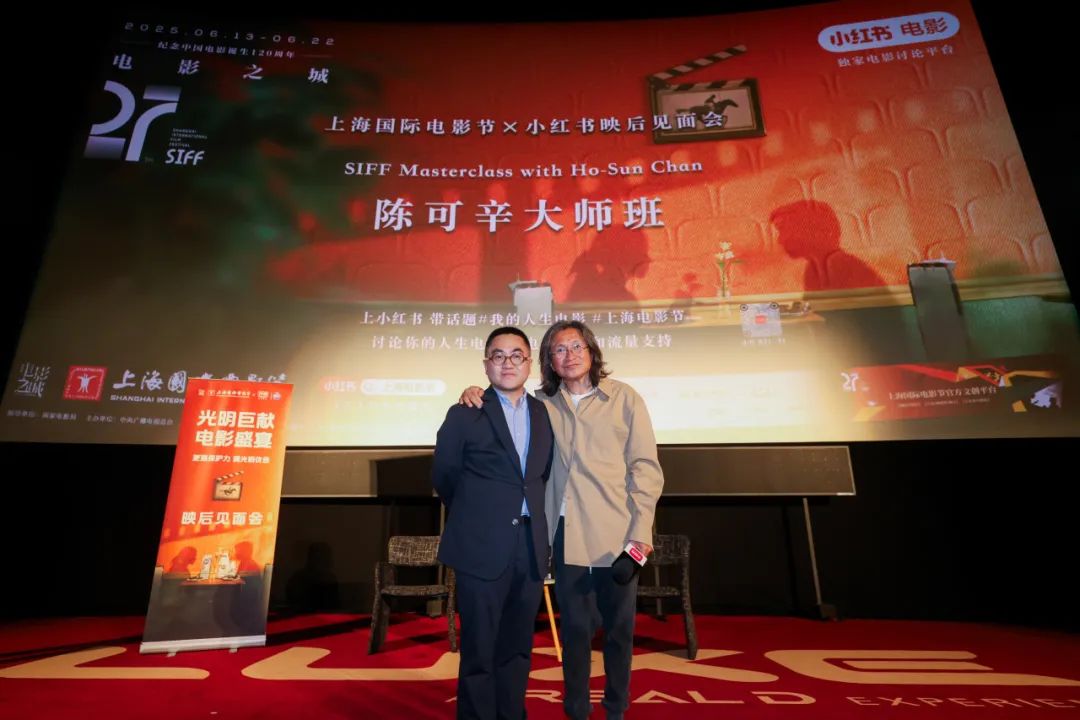
The film The Warlords was released in 2007 during the peak popularity of Chinese swordplay blockbusters. Despite featuring three major stars - Jet Li, Andy Lau and Takeshi Kaneshiro - Peter Chan deliberately made it “against the prevailing trends” of that era. However, in recent years, the film’s ratings on various platforms have steadily increased, with many cinephiles conducting in-depth analyses and even hailing it as a “masterpiece”. Addressing this belated recognition, Chan expressed complex emotions: “When a film finds understanding from its audience - whether immediately or twenty years later - it consoles a director a great deal.”
The MasterClass session was moderated by Zhang Ji, Vice Chairman of China Film Association and a longtime partner of Peter Chan, who has served as screenwriter for films including American Dreams in China, Dearest, and Leap.
Thematic Exploration
From “Human Nature” to “Fate” in The Warlords
The Chinese film industry entered a period of rapid commercialization and genre specialization following Ang Lee’s Crouching Tiger, Hidden Dragon (2000) and Zhang Yimou’s Hero (2002), establishing a trend of big-budget period epics starring A-list actors. While The Warlords was conceived within this commercial landscape, Peter Chan insisted on preserving his personal artistic vision within market constraints.
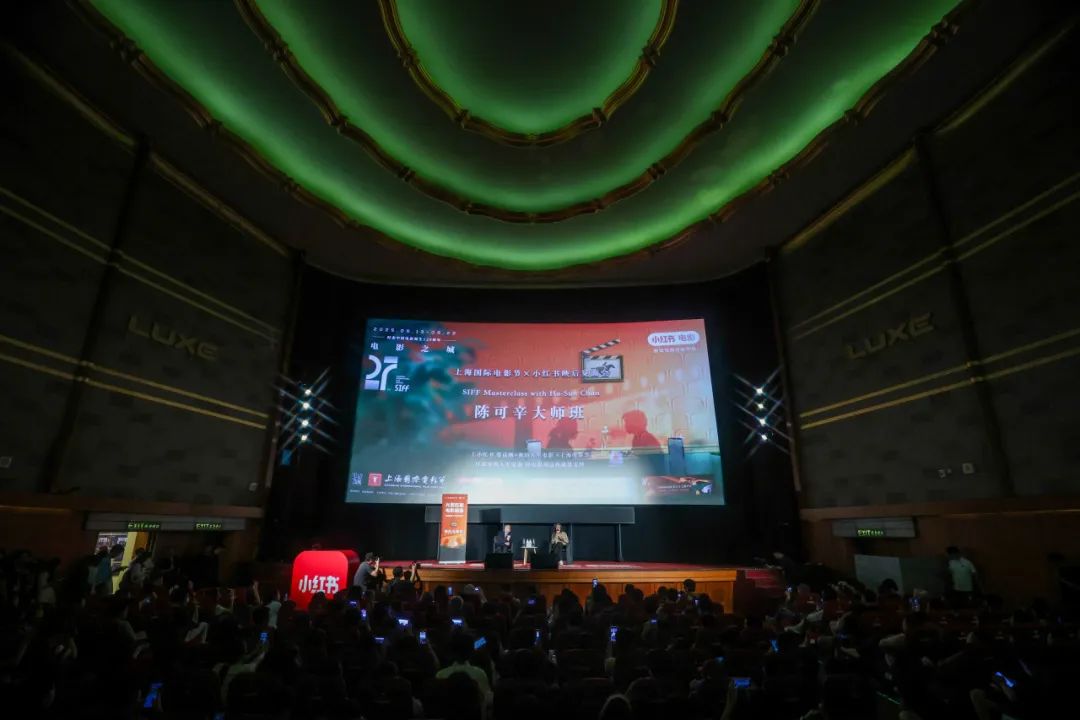
Chan openly admitted his disinterest in the “wire-fu fantasy” genre popular at the time, refusing to make a “pure action blockbuster”. He approached The Warlords with existential questions: “I needed to interrogate human nature, question brotherhood, and challenge moral binaries - these were my essential themes.” But casting martial arts icon Jet Li primarily for dramatic scenes caused creative clashes. The disputes over action choreography grew so intense that Chan abandoned the set after three weeks, fleeing back to Hong Kong. The production reached an impasse: three superstars waited in freezing -20°C Beijing suburbs inside their RVs, while Chan suffered such distress that he could only consume soup, losing significant weight. The crisis was resolved when his wife Sandra Ng, delivered an ultimatum: “If you don’t return, you’ll never regain your professional standing.”
Peter Chan returned to the Beijing set, revising the script, shooting scenes, and searching for the right tone. The Warlords was so ambitious that it involved nine different screenwriting teams. One of the screenwriters later joked in an interview that the number of writers Chan worked with couldn’t even fit in a single minibus. Chan himself went through a far more painful process of exploration. The film tells the story of three sworn brothers who go from loyalty and unity to betrayal and collapse. At first, Chan wanted to approach the story through the “black, white, and gray” zones of human nature. But as the narrative unfolded, he realized that human beings are ultimately small and powerless in the face of something vast - something uncontrollable: fate. As he put it, “I started with black, white, and gray, but ended up confronting a theme even more profound than that.” His latest film, She’s Got No Name, the opening film of this year’s festival, explores a similar theme.
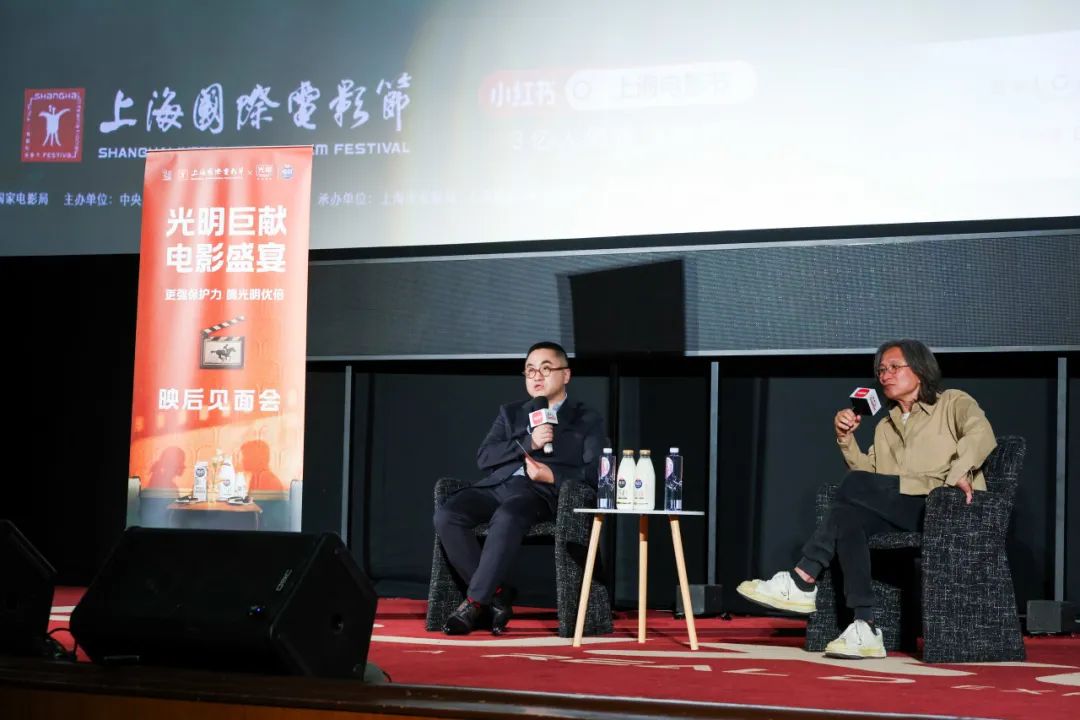
Zhang Ji, a long-time screenwriting collaborator with Peter Chan, recalled a conversation they had about the difference between commercial and art-house films. Their conclusion: commercial films tend to present the protagonist with obstacles - challenges that can ultimately be overcome, as seen in many Hollywood blockbusters. Art-house films, however, present dilemmas - profound, unsolvable predicaments. “I believe The Warlords was the first time Peter Chan gave his characters a dilemma rooted in an era they could not transcend,” Zhang said.
Filming Style
“You make the kind of movie that fits who you are; you can't fool people.”
18 years after the release of The Warlords, Peter Chan now faces the discussions that the film sparked with calm and composure. He understands well that this was not a typical martial arts blockbuster that audiences might have expected. The action scenes only take up about 15-20 minutes, less than a fifth of the total runtime. “Jet Li doesn’t even fight,” he points out, “so it’s essentially a drama, not an action movie, which already goes against what the audience might have wanted.” Furthermore, at the time, audiences were drawn to visually stunning, “wire-fu fantasy” martial arts films - this was also the aesthetic standard set by the international market for Chinese blockbusters. But Chan insisted on building historically accurate and immersive sets, with city walls and trenches, which made even the rare fight scenes feel “clumsy”. This clearly went against the trends of the time.
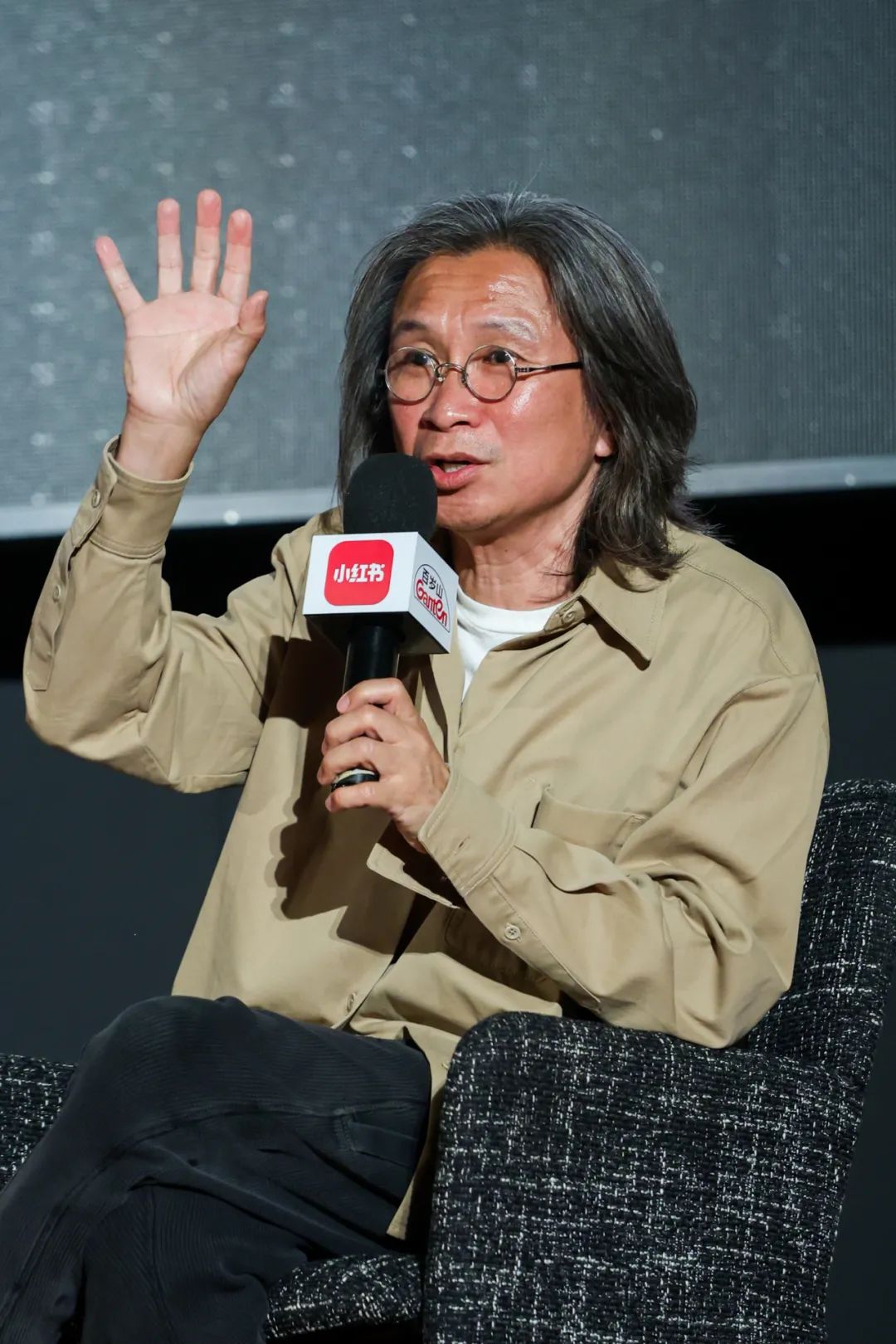
Beyond general audiences, critics also had a lot to say about The Warlords. For example, when Jet Li’s character, Pang Qingyun, steps onto the ice to meet Empress Dowager Cixi, he says the line “treading on thin ice”, which some critics questioned. They argued that the line was unnecessary, as the visual already conveyed the message, making it redundant. At the MasterClass event, Chan responded directly: “My way of making films doesn’t leave too much to interpretation. I like to make sure what I want to express is crystal clear - like talking to a friend. You want them to understand exactly what you mean, without misinterpretation. If I have another situation like the treading on thin ice’ line, should I speak out or not? I believe I still would, because a filmmaker's work reflects their true self. You can't pretend or disguise - what you are is what shows on screen.”
During the Q&A session, a fan asked the director: “Was this delayed resonance The Warlords found with the audience part of your creative anticipation?” Peter Chan responded with palpable emotion, expressing joy that viewers had ultimately connected deeply with his work - even if it took eighteen years. He reflected on what he’d been emphasizing throughout the festival: “Filmmaking is dialogue through celluloid. A film failing to connect with the audience is unfinished indeed.” And when 100 people watch the same film, there will be 100 different interpretations. It’s meaningless for a director to argue with the audience; and the occasional chance to explain is just that - occasional. However, he has always insisted that filmmakers must be sincere with themselves. If a director is not sincere, the film will inevitably turn out poorly. “Being true to yourself while also serving the audience - that’s a very difficult balance. But it’s a balance we must strike, and one we must keep striving for throughout our lives.”
Working with Stars:
Striving to “Give Them a Makeover”
The Warlords was the most difficult, grueling, and “risky” film Peter Chan has ever made - not only due to his own exploration of the film’s theme, but also because of the challenge of coordinating three major leading men. “Jet Li, Andy Lau, Takeshi Kaneshiro - putting these three men together is even harder than putting three women together,” he said. The director had to discuss the script with each of them individually, tailoring what he said to each one, using a mix of truth and fiction to spark their creative interest. The end result was that all three stars delivered convincing on-screen performances - especially Jet Li, who proved that he was also capable of handling dramatic roles. At the same time, Peter Chan once again demonstrated his ability to direct an ensemble cast of major stars.
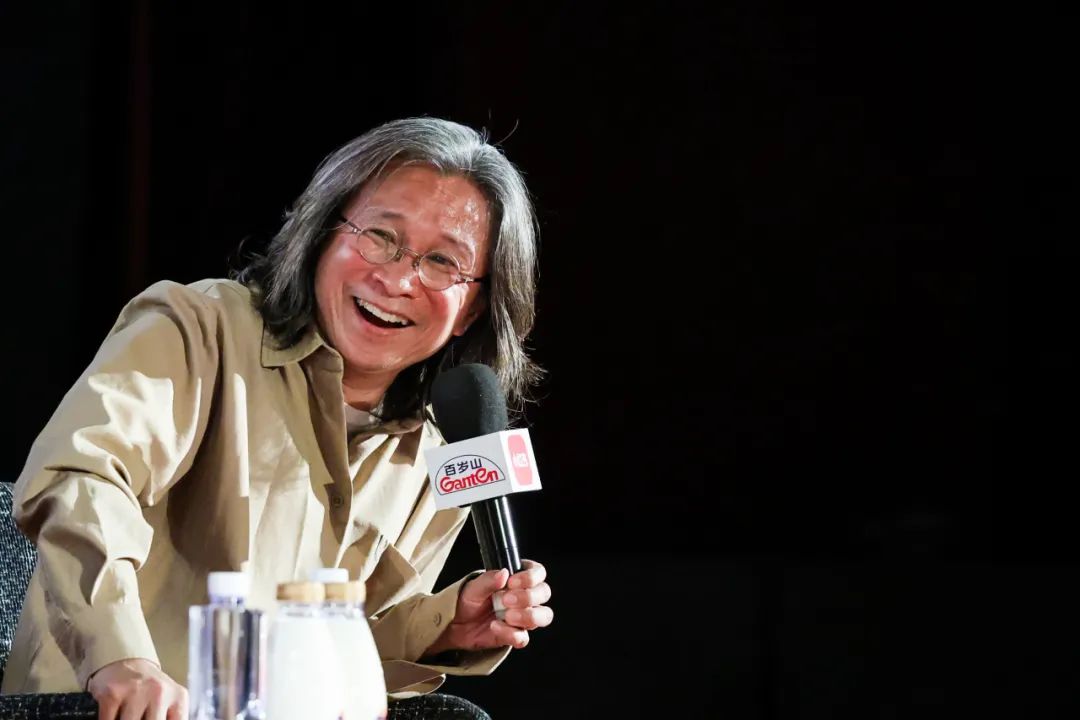
Chan’s films have always featured star-studded lineups. What makes his work particularly noteworthy is that almost every star manages to show a side of themselves rarely seen before. “To a certain extent, stars are simply a medium I use to bridge the gap between myself and the audience - they help draw viewers in. But once they’re in, I want to give the stars a complete makeover, so the audience doesn’t feel disconnected or distracted.”
The secret to this “makeover” lies in Chan’s effort to find small, hidden traits in each big star and then write those traits into the script in a new way. The stars are often eager to portray aspects of themselves they’ve never explored before. Take Leon Lai in Comrades: Almost a Love Story, for example. Chan explained that most people saw Leon as one of the “Big Four”, a prince charming type - but in private, he’s actually quite naïve, even a little silly at times, and very emotionally pure. “Others may not believe that, but he was able to bring it out on screen.”
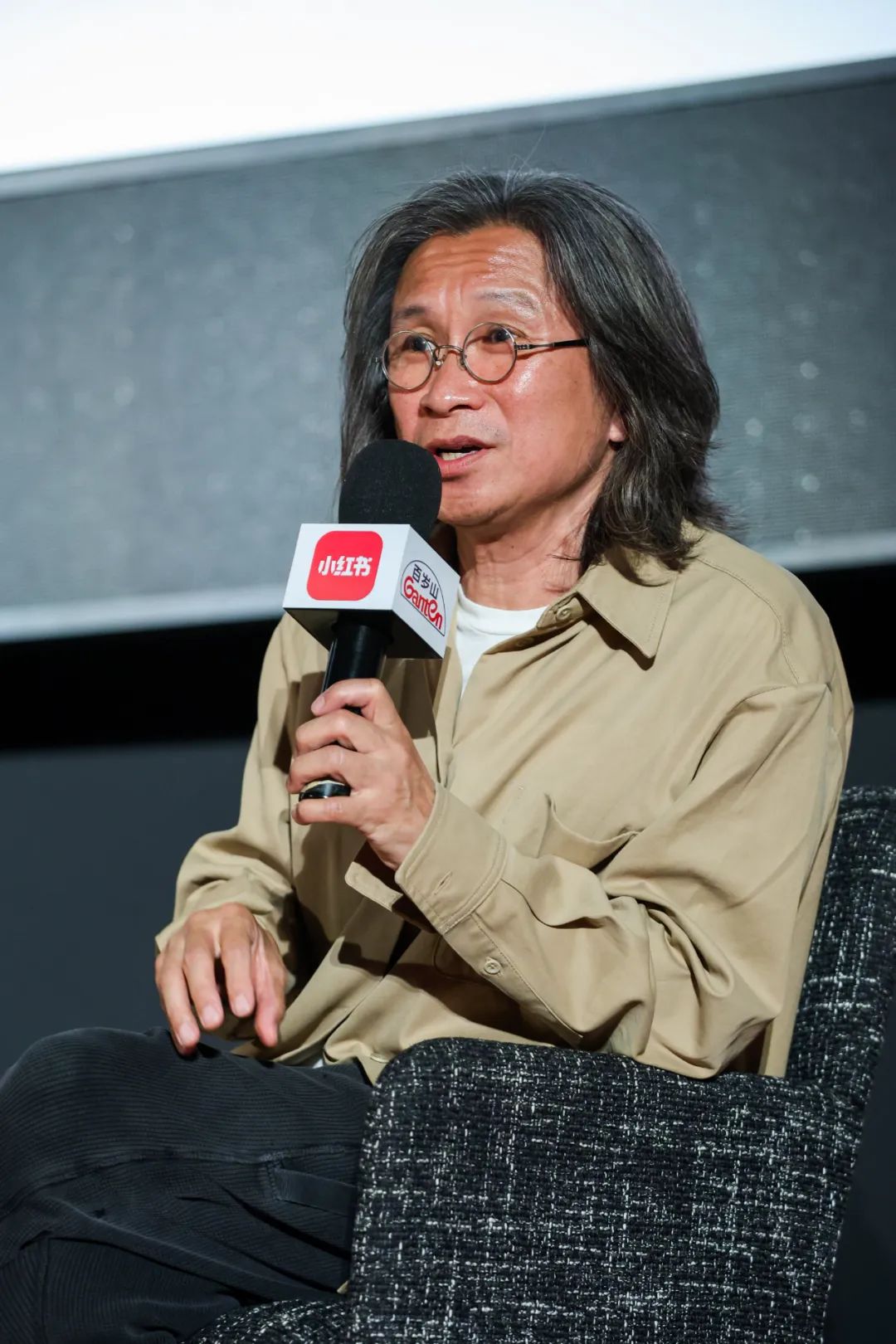
Beyond the director’s own discoveries, the stars themselves can also bring unexpected surprises. While filming American Dreams in China, Peter Chan had originally assigned Huang Xiaoming a different role. However, Huang insisted on playing “Cheng Dongqing”, saying, “I am this guy - I’m a bumpkin.” Chan retorted, “There’s no such thing as a bumpkin who looks this handsome.” But with the help of a skilled stylist, Huang Xiaoming completely shed his usual polished appearance, successfully convincing the director and landing the role he truly wanted.
Peter Chan specifically mentioned that his new film She’s Got No Name features more than twenty well-known actors. The cast members joined the production at different times and stayed on set for varying durations, yet the atmosphere on set remained unusually harmonious. Lei Jiayin even remarked, “This crew is really strange - everyone is so quiet.” Chan explained, “That’s the working atmosphere we’ve developed as a team. It’s precisely this atmosphere that makes every actor understand, once they join us, that things here are serious - they have to do their best.” He added, “I try to film in a way that gives it a sense of ceremony, a cinematic grandeur, so that audiences can fully experience the richness of light and shadow on the big screen.”







